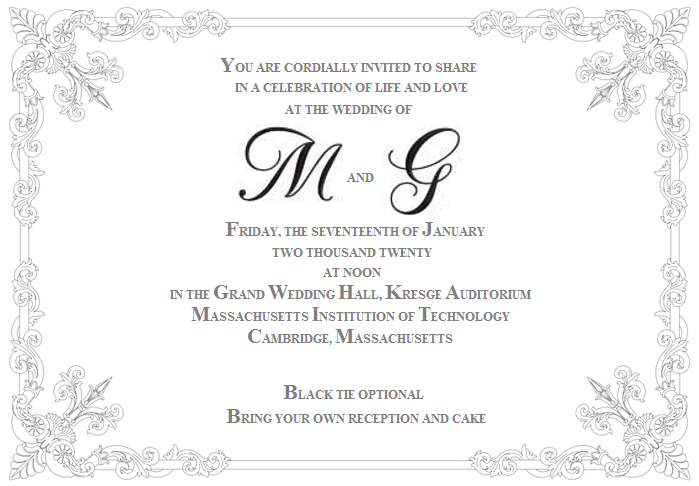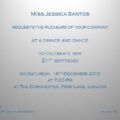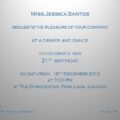Table of Contents Show
Weddings are a beautiful celebration of love, unity, and commitment. They mark the beginning of a journey that two individuals undertake together, filled with dreams, aspirations, and shared experiences. However, the significance of a wedding goes far beyond the ceremony itself; it represents a deep connection between two people, a promise of support, and a commitment to growth and happiness together.
The Significance of Weddings
Weddings serve as a cultural and social event that binds families and communities together. Different cultures have their unique customs and rituals, but the underlying theme remains consistent — the celebration of love. From extravagant ceremonies to intimate gatherings, every wedding tells a story about the couple and their journey.
The symbolism associated with weddings is rich and profound. The exchange of vows signifies the couple’s commitment not just to each other but also to the values of love, respect, and partnership. Rings are exchanged as a symbol of eternity, while traditions like jumping the broom or breaking the glass signify the couple’s transition into a new life together.
The Emotional Aspect of Weddings
Weddings evoke a wide range of emotions, from joy and excitement to nervousness and nostalgia. The day is often filled with heartfelt moments, such as the father-daughter dance or the emotional speeches shared by friends and family. These elements contribute to the overall atmosphere, making the day memorable for everyone involved.
Moreover, weddings can serve as a reminder of the importance of relationships in our lives. They encourage us to reflect on our connections, not only with the couple but also with our own loved ones. This communal aspect fosters a sense of belonging and support, reminding us that love is not only found in romantic relationships but also in friendships and family bonds.
The Role of Tradition
Traditions play a crucial role in weddings, providing structure and meaning to the ceremony. From the classic white dress to the exchanging of garlands, traditions vary widely across cultures. These rituals often have deep historical roots, connecting couples to their ancestry and cultural heritage.
In many cultures, weddings are not just about the couple but also about the families coming together. This communal celebration reinforces the idea that marriage is a partnership that extends beyond two individuals, encompassing families and communities.
The Modern Wedding Experience
In recent years, weddings have evolved significantly, with couples opting for personalized experiences that reflect their unique styles and values. Modern weddings often incorporate non-traditional elements, such as destination locations, themed decor, and personalized vows. This shift allows couples to express their individuality while still honoring their commitment to each other.
As society progresses, so do the definitions and expectations surrounding weddings. The rise of LGBTQ+ weddings has broadened the spectrum of love celebrated on this special day, emphasizing that love knows no boundaries. This inclusivity enhances the richness of wedding experiences, allowing for diverse expressions of love and commitment.
Conclusion
Ultimately, weddings are a celebration of love, commitment, and the journey of two people coming together. They are a reminder of the beauty of relationships and the importance of support and connection in our lives. Whether traditional or modern, each wedding offers a unique glimpse into the couple’s story, making it a cherished experience for all involved. As we witness these celebrations, we are reminded of the enduring power of love and the promise of a shared future.










